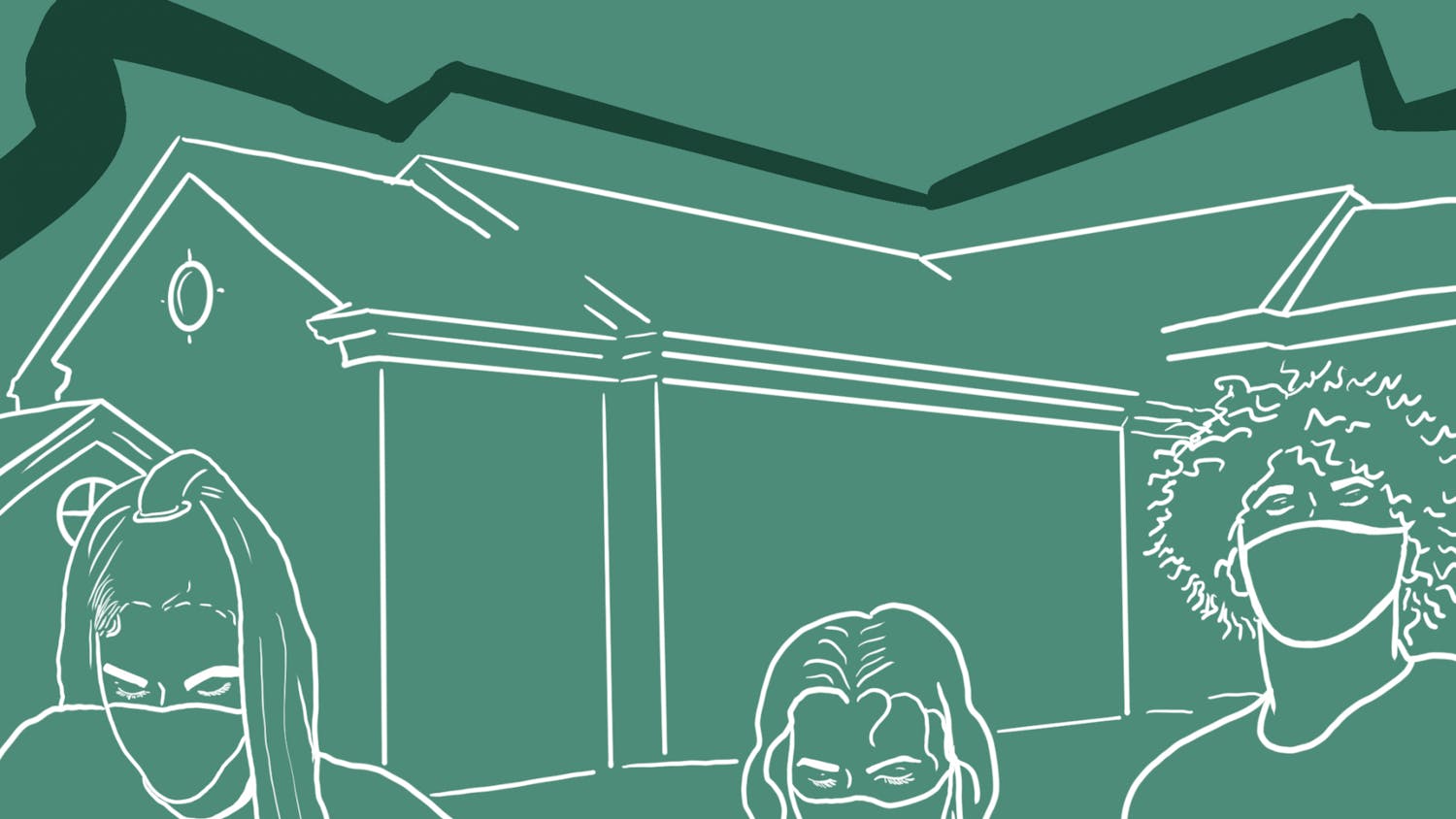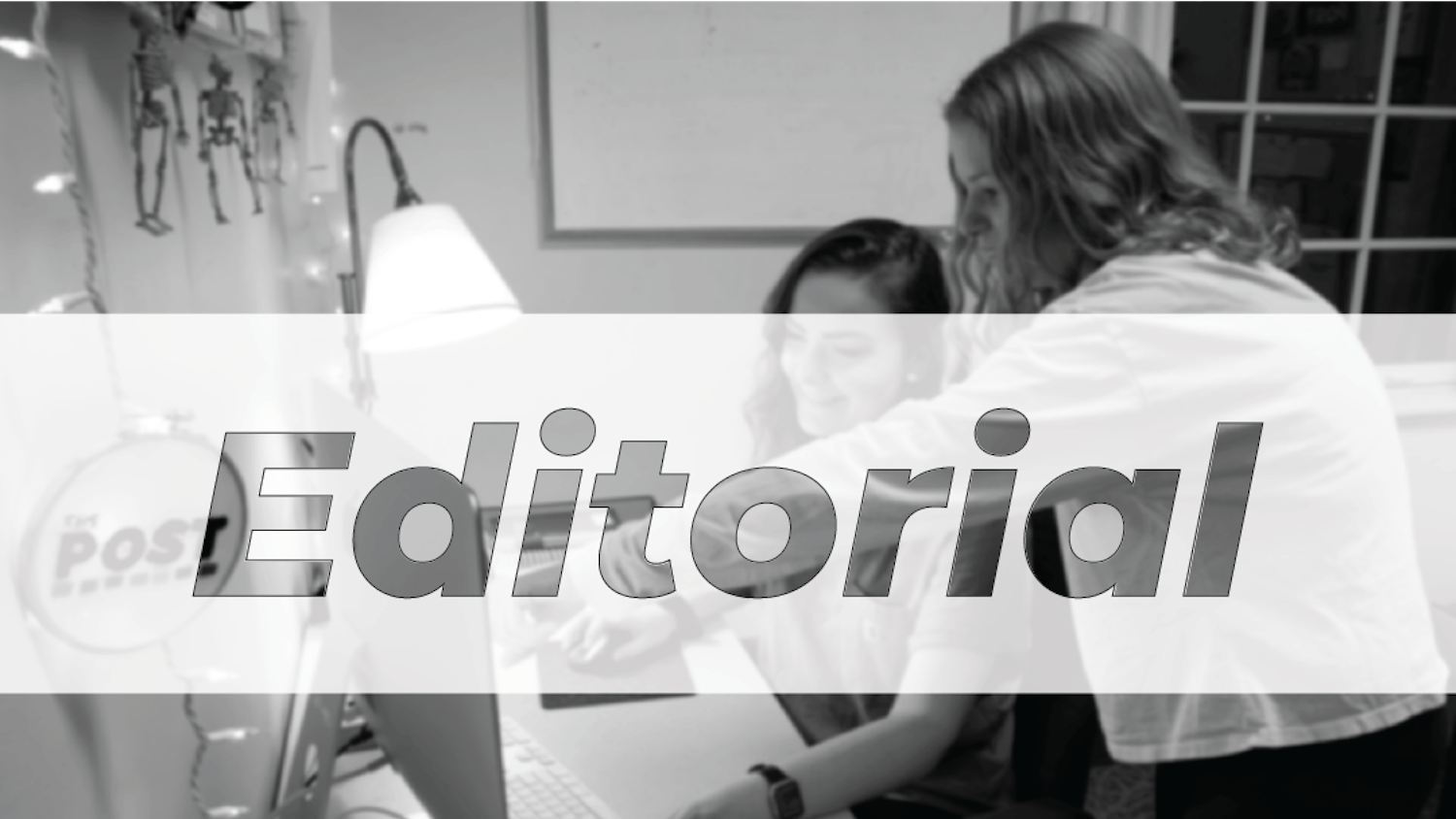The most transitional time of anyone’s life is their 20s, filled with lots of problems and questions but very little answers and solutions. Whether you’re trying hard to find love, a career or even yourself, there is a lot of worthy knowledge to gain after reading a book regarding that aspect. While it might not answer all of your questions, these seven helpful books will ease a bit of stress and tension that may be occurring during these impactful 10 or so years:
“All About Love: New Visions” by bell hooks
Many that are in their 20s often find it hard to grasp the concept of love, whether it be finding it in others or even finding it in yourself. This psychology book by the late feminist writer bell hooks, takes a long, hard look at everything love-related. She establishes her own ideals about love and how they have formulated her life, which also provide guidance to those that are lost. Each sentence of the book is just as helpful as the next as she helps one seek forgiveness as well as understand where our struggles of love came from.
“The Secret History” by Donna Tartt
An older fiction piece, “The Secret History” tells the tale of a few language-obsessed college kids, going beyond moral boundaries. Though some of the acts these college students are involved in aren’t exactly inspiring or justifiable, there are a lot of messages embedded within the story of what it is like being this age and having a group of friends that go through so much together. The story is practically timeless yet somber, purposely written to be read by the mindset of a transformative 20-something-year-old.
“Cleopatra and Frankenstein” by Coco Mellors
Another fictional piece, “Cleopatra and Frankenstein” has been recommended for readers that enjoy “Modern Lovers” by Emma Straub and “Conversations with Friends” by Sally Rooney. The story surrounds 24-year-old Cleo, who meets Frank, a man much older and more experienced than her. Surrounding the main characters is their crowd of friends dealing with their own individuality and dilemmas ranging from mental health, sexuality and finances. The characters are easily loveable and relatable, having a character fit for just about everyone. The fictional relationships inside and outside the friendship circle perfectly emulate how everyone has their own designated path, especially in their early adult years.
“The Last Lecture” by Randy Pausch
This memoir captures a college professor’s challenge to give one last lecture during his battle with pancreatic cancer. A short but fascinating read, Pausch supplies a lot of substantial advice, not only to students but people looking to come forth into the real world. He provides many memorable suggestions, guaranteed to stick out and resonate with readers. “You can always change your plan, but only if you have one,” and “Dance with the one that brung you,” are just two of his thought-provoking quotes in his influential book.
“Hunger” by Roxanne Gay
As a plus-sized black woman, writer Roxanne Gay had suffered immensely because of the way she looked, resulting in self-loathing of her own body. In her memoir, “Hunger,” she recounts those horrible memories and distinguishes her journey to become comfortable with her body. Reading her story helps those who have been through the same experience of dealing with body issues, helping one start to feel comfortable in their changing adult body.
“Tiny Beautiful Things: Advice on Love and Life from Dear Sugar” by Cheryl Strayed
Once an anonymous columnist, Cheryl Strayed steps out of her column to extend readers a lending hand in her book packed with admirable advice. The book feels like a giant, warm hug, reassuring her readers that “Most things will be okay eventually, but not everything will be … Acceptance is a small, quiet room.” All in all, this book is ready to humorously and reasonably answer the questions that life throws at you during any instance of your life, not just in your early years.
“The Year of Magical Thinking” by Joan Didion
Grief is often discovered while being in your 20s, brought with many feelings of confusion and imbalance. One of the best ways to dig through those feelings is to read stories about how other people deal with the bereavement process. After Joan Didion lost her husband unexpectedly and almost lost her daughter around the same time, Didion’s life was severely impacted. In this memoir, she writes about these tragedies, trying to make sense of it. Her poignant writings offer a comfortable and relatable stance to those who have been through similar circumstances.






